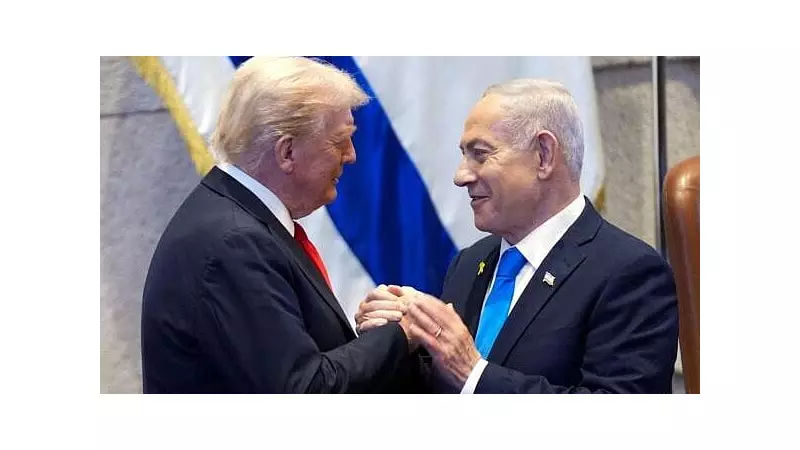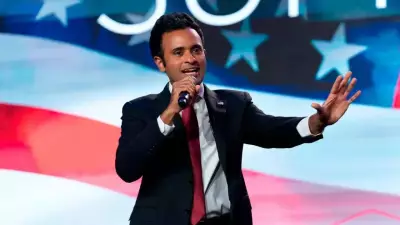
In a remarkable political development, former US President Donald Trump has directly intervened in Israeli affairs by sending a formal letter to Israeli President Isaac Herzog, seeking a presidential pardon for former Prime Minister Benjamin Netanyahu.
The Unprecedented Request
The Israeli President's office confirmed receiving Trump's appeal, marking an unusual instance of a foreign political figure involving themselves in another country's judicial processes. The communication, dated 12 November 2025, represents one of the most direct interventions by Trump in Israeli domestic politics since leaving office.
According to official statements from President Herzog's office, the request was acknowledged but met with a reminder about established legal protocols. Anyone seeking a presidential pardon in Israel must submit a formal request following specific procedures, regardless of who advocates on their behalf.
Legal Procedures and Political Implications
The Israeli presidential office emphasized that the country's legal system maintains strict protocols for pardon applications. This response indicates that while Trump's letter was received, it doesn't circumvent the standard legal requirements that Netanyahu or any other applicant must follow.
The timing and nature of Trump's intervention raise significant questions about the relationship between the two allied nations and the boundaries of political influence. Both leaders share a history of political cooperation and similar conservative approaches to governance, which has strengthened their personal and political bond over the years.
Broader Context and International Reaction
This development comes amid ongoing legal challenges facing Netanyahu in Israeli courts. The former prime minister has faced multiple corruption charges that have dominated Israeli politics in recent years.
International observers are closely watching how this unprecedented request might affect US-Israel relations and whether it sets a new precedent for foreign involvement in domestic legal matters. The response from President Herzog's office suggests maintaining institutional integrity while acknowledging the communication from the influential former US president.
The situation continues to develop, with legal experts and political analysts debating the potential consequences of such high-level international intervention in another country's judicial affairs.





